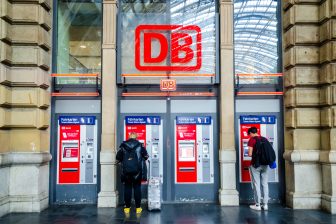
UK strikes: No resolution in sight and RDG chairman says changes in driver training regime required
Steve Montgomery, the chair of the Rail Delivery Group, the employers’ representative body, has commented on changes in the way drivers are trained are needed to make the British railway network more robust and services more reliable. His comments come as part of a wide ranging set of clauses and caveats attached to a new pay offer, made to members of the drivers’ union. Montgomery has also thrown down the gauntlet by revealing where drivers stand on the overall pay scale in the industry and in the UK.
Want to read more?
You have read all of your free premium articles for this month. Please become a subscriber to keep reading.
Subscribe now!
Take advantage of our exclusive offer to get full access to all premium content.



